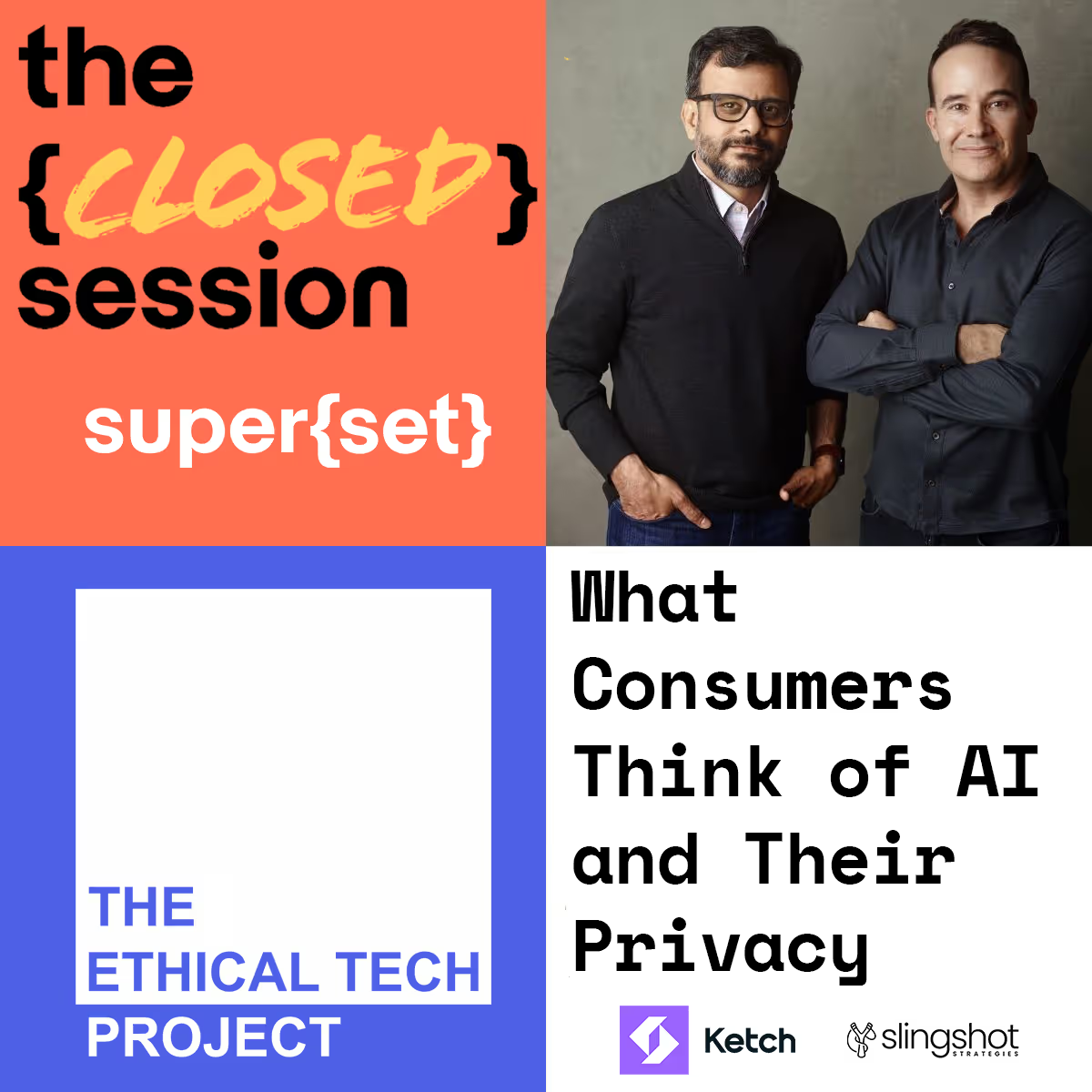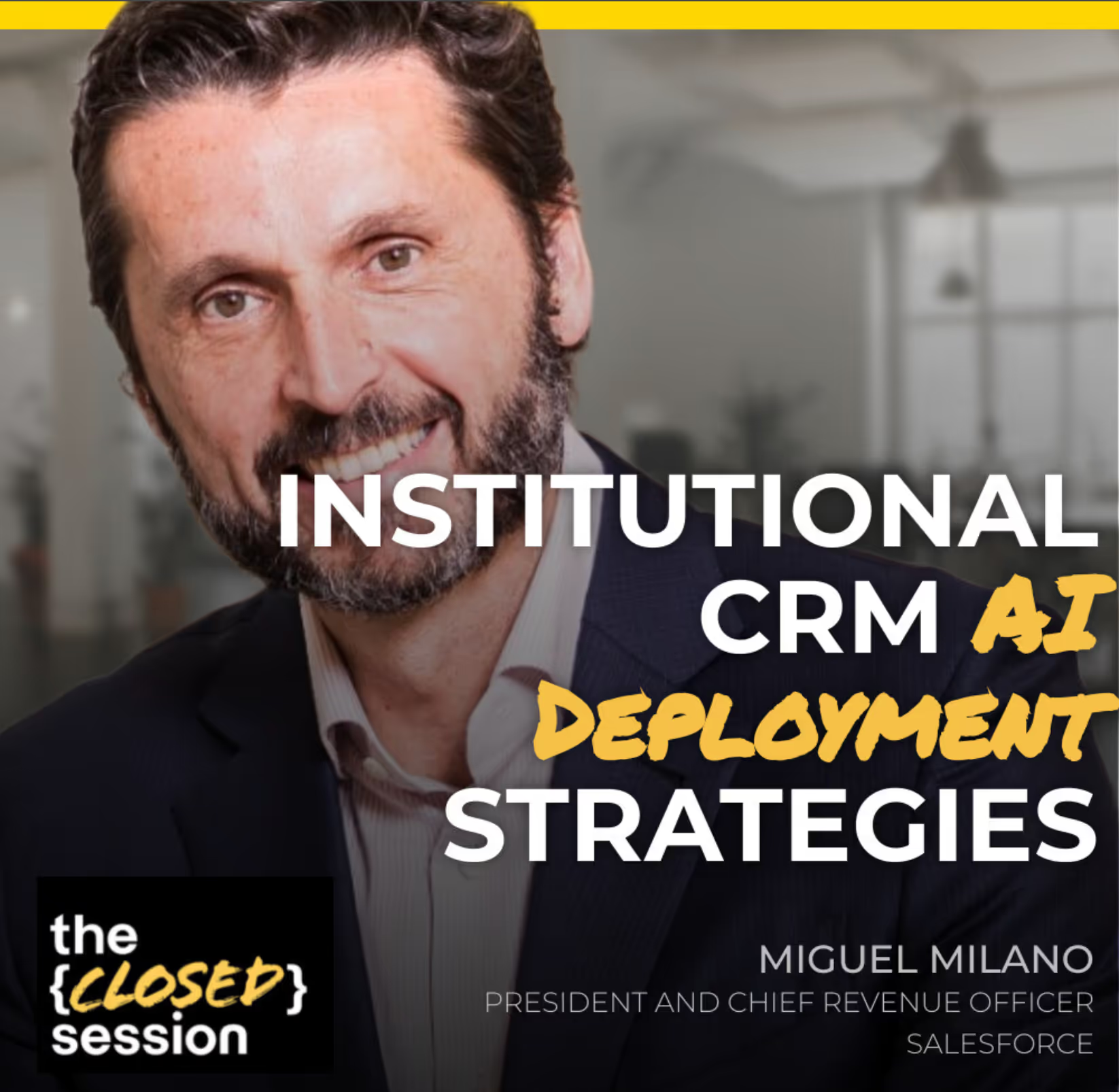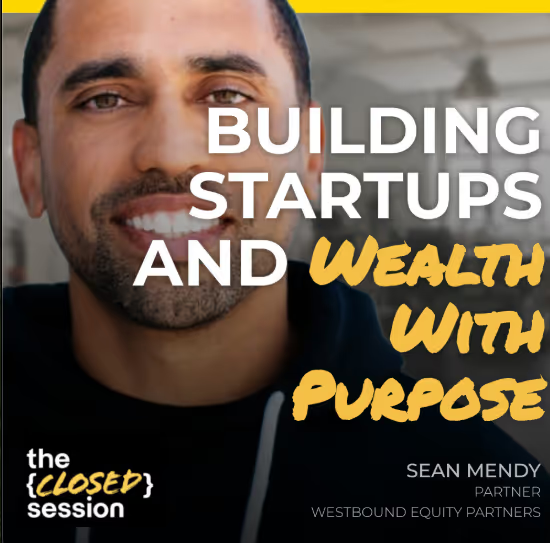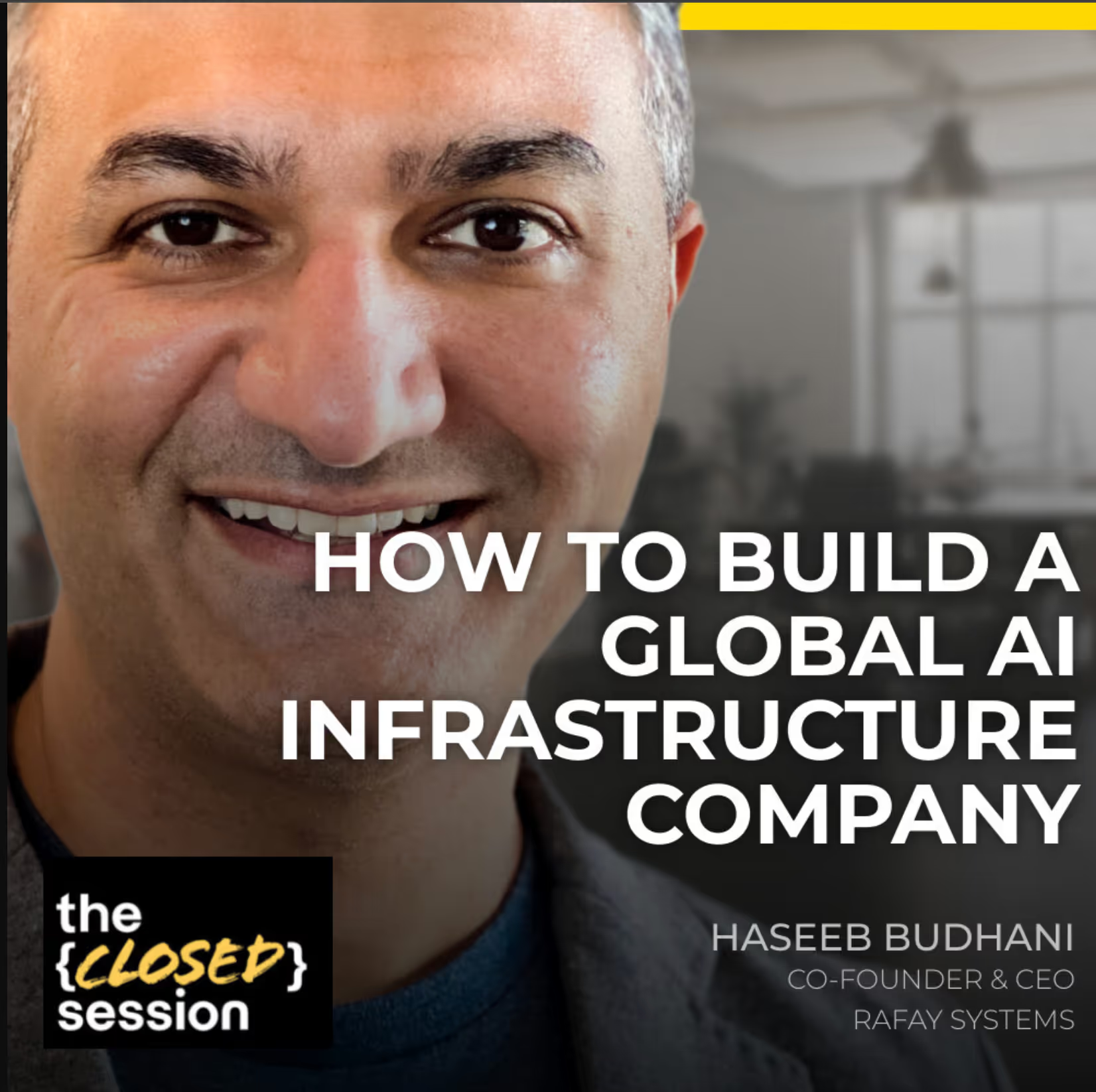
What Consumers Think of AI and Their Privacy
Are Americans aware of the rapid pace of change in AI? How do they feel about companies mining their personal data and leveraging that data into LLMs and other AI tools? What are consumer expectations of the right to privacy alongside ethical data principles like transparency, fairness, agency, and accountability? In test purchase scenarios, will consumers choose products with ethical AI features?
Joining Tom and Vivek on The {Closed} Session are Slingshot Strategies partner and pollster Evan Roth Smith and Ketch Head of Solutions Jonathan Joseph to dig into the survey results and get us into the head of the typical American consumer. Find out just how much consumers will reward ethical AI - with their hard-earned cash and trust - when offered by the companies and products they love.
To learn more about The Ethical Tech Project, visit ethicaltechproject.org and subscribe to their Substack newsletter at news.ethicaltechproject.com.
Download the survey report at ethicaltechproject.com/survey.
Learn more about Ketch at www.ketch.com
Learn more about Slingshot Strategies at slingshotstrat.com.
Tech, startups & the big picture
Subscribe for sharp takes on innovation, markets, and the forces shaping our future.
More Episodes
Explore additional conversations with entrepreneurs, investors, and leaders shaping the future of tech and business.



